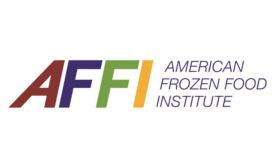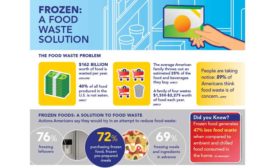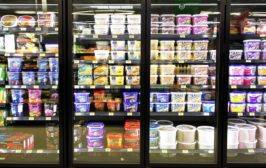Home » AFFI
Articles Tagged with ''AFFI''
How Frozen Foods Help Fight Food Waste
The environmental benefits of a streamlined and efficient frozen food industry.
September 10, 2020
Frozen Food Sales Rose Significantly at the End of April, Due to Perceived Meat Shortages and Consumer Replenishing
Overall frozen food sales were +50.3% compared to 2019, the highest since mid-March stockpiling.
May 11, 2020
Elevate your expertise in refrigerated and frozen foods with unparalleled insights and connections.
Get the latest industry updates tailored your way.
JOIN TODAY!Copyright ©2025. All Rights Reserved BNP Media.
Design, CMS, Hosting & Web Development :: ePublishing









